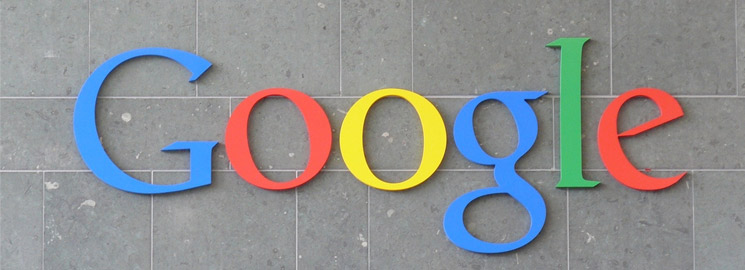Although the Internet has been around for just 20 years, it is hard to imagine life without it. It has given us instant access to unlimited amounts of information along with allowing us to stay in touch with family, friends and colleagues on a continuous basis. But our dependence on the Internet has a dark side. A growing body of scientific evidence suggests that the net, with its powerful algorithmic and Google-centric search engines providing constant distractions and interruptions is turning us into scattered and superficial thinkers – essentially making us stupid. Local tech blogger Kevin Andrews is here with us this morning to to shed some light on this universal medium of information and how it could be altering how we think, remember, and evolve as a human species.
So there is concrete research out there that would indicate yes – or at least the evidence is suggesting that living in our digital age is changing the way we think, remember, and organize all of our information we have in our brains. It is very interesting to note that way back in 1964, Pablo Picasso was asked by an interviewer about the new electronic calculating machines, soon to become known as computers and the Internet. He replied, “But they are useless. They can only give you answers.”
We now live in the age of a global library that has all the answers to most questions. This library accompanies us everywhere, and Google, chief librarian, fields our inquiries with stunning efficiency. Dinner table disputes are now usually resolved by quick Google search on a smartphone for instance. In a remarkably short period of time, we have become habituated to an endless supply of easy-to-find answers. You might even say overly dependent.
So dependent that many researchers in this field like Nicholas Carr and Betsy Sparrow compare the Internet to an ‘all-knowing’ friend that we tend to rely on for any and every answer we are looking for, never really committing anything to a memory at all – we just bookmark the answers and know where to find them when we are asked again. In the scientific world this type of memory filling is called ‘Transactional Memory” and for many brain researchers this means a fundamental change in our brain development which could result in an evolutionary shift in how think, remember, process information, and ultimately evolve as a human species.
Does this mean we should avoid using Google or the Internet for answers? Well, for many competent professionals studying this trend they all tend to conclude that the brain is very malleable and adapts to its environment and whatever the pressures are on us to succeed, our brain will try and deal with it. And so, I think many are now asking the question – does it change your brain in some beneficial way? For some neuroscience’s they say that certain types of brain memory are improving if we use Google and the Internet as our information source. When the brain reroutes how we recall information, it develops different types of memory capabilities. Science offers this example: If somebody asks you how many national flags have just one color, do you think first about the actual flags? Or does your brain jump right to how you would find it? If you’re an active Google user, you probably already started thinking of keywords and if you are social media junkie your instanting thinking hash tags. And so, the more you think this way, the better you get at it. The brain is very specialized in its circuitry and if you repeat mental tasks over and over it will strengthen certain neural circuits and ignore others. Many neurosciences use the saying “neurons that fire together wire together”.
With that in mind, there is research that has found that our short-term memories while multitasking deteriorates over time. In other words, as we get older, we have a harder time with distractions. And the Internet, with all of it’s pop-up ads, video previews, and millions of Google search findings, will only make it worse.
So what’s the bottom line here? We’re surrounded by gadgets that demand our attention, constantly affecting our ability to properly focus on the task at hand. And so, if you rely on your phone, computer, or electronic device to find many of your common questions or communicate with most of your family and friends, you might want to be more aware of the amount you spend doing that and maybe try to dedicate more time in the presence of people you care about sharing with them some of your thoughts before you do so with Google.


Leave a Reply